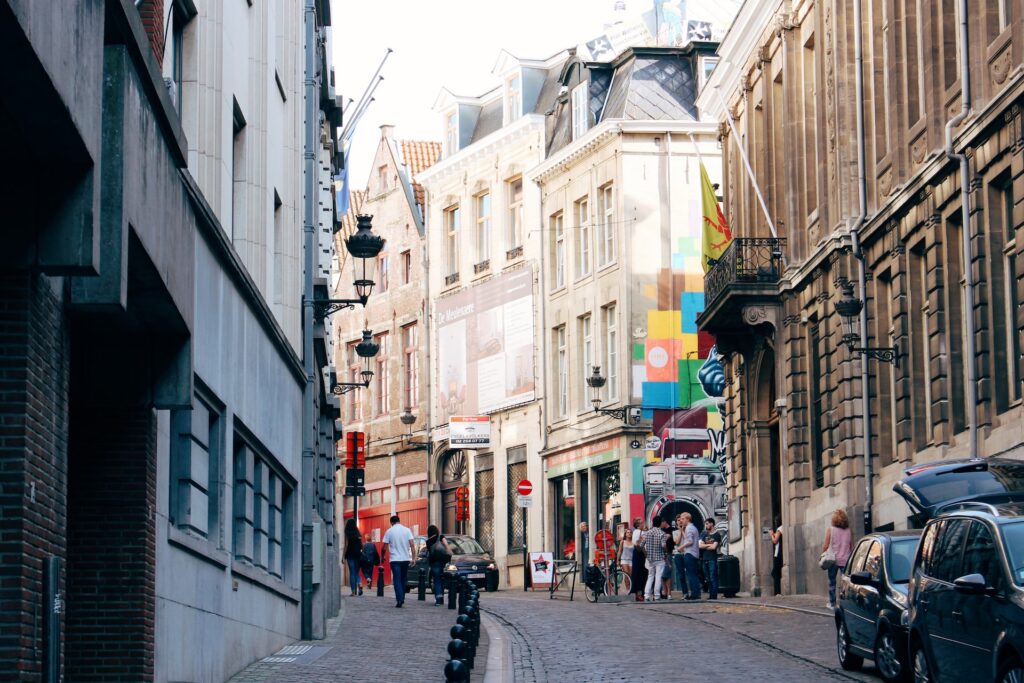russels is taking decisive action to reform its tourist accommodation legislation, aiming to restore social cohesion within neighborhoods and address the growing concerns over housing affordability and community disruption. A proposed ordinance seeks to update the ineffective 2014 legislation, under which over 95% of tourist accommodations operated without registration. Brussels’ Minister-President, Rudi Vervoort, emphasizes the urgent need to counter the trend of entire buildings being converted into tourist rentals, which has led to the displacement of residents and a scarcity of affordable housing options.

Preserving urban balance
The new ordinance insists on maintaining the requirement for a certificate of urban planning and fire safety compliance. It also aims to ensure the geographic distribution of urban uses, prioritizing housing in certain areas to preserve the balance between the needs of permanent residents and tourists.
Concerns and criticisms
However, opposition parties, including MR, N-VA, and Les Engagés, have expressed concerns over the proposed changes. They call for further hearings and question the effectiveness of enforcement measures. Geoffroy Coomans De Brachène from MR highlights the lack of specific regulations for noise nuisances and the challenges in obtaining the required certificates. Mathias Vanden Borre from N-VA and Christophe De Beukelaer from Les Engagés question the real impact of these regulations on small operators and the potential for increased rents.
A significant challenge
The reform aims to strike a balance between housing needs and the growth of tourism, yet faces significant challenges in a rapidly evolving sector. The introduction of stricter regulations for tourist accommodations in Brussels represents a critical step toward protecting the city’s neighborhoods from the adverse effects of short-term rentals. By requiring proper registration and compliance with urban and safety standards, the ordinance seeks to ensure that the expansion of tourist lodging does not come at the expense of local residents’ quality of life.
Impact on the community and economy
The reform’s focus on preserving residential spaces is intended to safeguard the social fabric and local economies of Brussels’ neighborhoods. By limiting the unchecked spread of tourist accommodations, the city aims to prevent the hollowing out of communities and ensure that essential services remain accessible to permanent residents. This balanced approach also considers the importance of tourism to the local economy, striving to accommodate visitors without undermining the needs of the city’s inhabitants.
Looking forward
The success of Brussels’ new ordinance will depend on effective implementation and ongoing evaluation. As the city adapts to the changing dynamics of tourism and housing, this legislation could serve as a model for other urban areas grappling with similar issues. The challenge lies in enforcing these regulations without stifling the economic benefits of tourism or burdening small accommodation providers unduly.
In conclusion, Brussels’ efforts to regulate tourist accommodations more strictly reflect a broader attempt to address the complex interplay between urban development, housing affordability, and tourism. As cities worldwide face similar challenges, the outcomes of this initiative will be closely watched by policymakers, residents, and industry stakeholders alike.

 Open Immovlan
Open Immovlan